 There are some broadly accepted ideas about how to care for newborns in the US. Our culture is one that highly values independence, so of course it is something we want to teach our babies at a young age. Babies should sleep through the night; parents should establish routines; and babies need to learn to self-soothe are all common dictums from popular parenting guides. I went into parenting my first daughter with these values and expectations firmly rooted in my parenting approach. Unfortunately for me, my daughter didn’t agree. She wanted no part of being separated, soothing herself, or adhering to any schedule I set. I was left with the overwhelming task of trying to figure out the right parenting approach for our family and taking care of myself through a challenging transition into motherhood.
There are some broadly accepted ideas about how to care for newborns in the US. Our culture is one that highly values independence, so of course it is something we want to teach our babies at a young age. Babies should sleep through the night; parents should establish routines; and babies need to learn to self-soothe are all common dictums from popular parenting guides. I went into parenting my first daughter with these values and expectations firmly rooted in my parenting approach. Unfortunately for me, my daughter didn’t agree. She wanted no part of being separated, soothing herself, or adhering to any schedule I set. I was left with the overwhelming task of trying to figure out the right parenting approach for our family and taking care of myself through a challenging transition into motherhood.
My first challenge in accepting what my baby needed was tuning out all the outside influences. My parents, in-laws, and even my parentless friends and family all freely shared their ideas on how babies should act and how parents should respond. Most widely accepted parenting approaches emphasize parent control, fostering independence, and maintaining firm limits around children’s behavior. When my daughter arrived and she seemed to want to be held all the time, sleep on my chest, and nurse every hour I had a hard time aligning all the outside information I’d gathered over a lifetime with my present reality. Figuring out what my daughter actually needed as a newborn meant walking an alternative path to much of what was being recommended and what I was expecting motherhood to be like.
During the first few weeks of parenting I realized that my expectations did not match up with the reality of parenting. I thought I would be able to have some breaks. I thought I would sleep more than an hour at a time. I thought I would feel more confident. Much of the cultural norms of parenting, and the advice I’d been given about caring for a newborn, set me up to be frustrated by my baby’s behavior. I was having trouble letting go of my vision of motherhood. I quickly found that I needed the right kind of support in order to be a good mother, and being a good mother was going to be a lot different than I expected. By finding a like-minded social group, using professional resources inline with my parenting approach, and integrating self-care into my routine I was able to survive the first year of parenting.
Finding a group of like minded parents was important in helping me care for my baby. I was lucky to be integrated into a community of moms who seemed to fluidly meet their babies’ needs. While I know they all experienced challenges at times, they all also seemed loving, responsive, and accepting of their babies’ needs. I found that asking for details about how they manage certain situations helped me know I was not alone in my experience. Anytime I could dig below the surface level and hear other mom’s challenges and successes it was validating of my own experiences.
Learning which professional resources I could turn to for advice in line with my beliefs also helped me survive the early days of parenting. Reading blogs like those on Evolutionary Parenting and other attachment parenting websites or books helped me muddle through the challenges. I won’t say that following any of these resources came naturally for me, but their advice usually aligned with what my child’s needs seem to be. Often what I got from these resources was validation that I was doing the right thing, even if it went against my initial expectations.
Many arguments against this type of parenting point to the intense demands it puts on the primary caregiver. This was a big challenge for me, but it was also the reality of what my daughter needed. Though it was hard, I found ways to integrate self-care into my daily routine. Part of my self-care is reframing my expectations. So phrases I repeat frequently are: “stay in the moment, let go of expectations, stop worrying about the future, and accept how things are now – knowing they will shift.” I also needed some breaks from my daughter. When she was a newborn this was more challenging. Our routine changed so much in those first few months, but any moments where I knew baby was happy and fed and would stay with my partner for an hour were moments that I snuck away for a nap, shower, walk, snack, or baby free conversation. For me carving out moments each day to prioritize myself was key in surviving the high level of dependence my newborn had on me.
We cannot escape the cultural context in which we live, but we can choose which sub-culture to follow. It’s not easy to go against the tide. I needed to find out for myself how I wanted to parent, and even in the face of a helpless newborn I resisted what I knew she needed deep down. Coming to terms with my baby’s needs was a profound, and sometimes painful process. Ultimately, though I know I made the right choice. Our daughter is happy, healthy, and pretty independent. I am confident that shifting my parenting approach to meet her needs was the right decision. Tuning out unhelpful advice, finding supportive friends and resources, and integrating self-care helped me care for my daughter just the way she needed.
Fiona Griffin is a licensed clinical mental health counselor and the co-founder of New Mama Project, an online community offering support for postpartum mothers and space for real talk about the transition into motherhood. Sign up for one of New Mama Project’s upcoming Peaceful Postpartum Online Retreats to find the encouragement you need as a new mother. Fiona works with youth and families in Vermont where she lives with her husband and daughter. You can learn more about Fiona at Fiona Griffin Counseling.

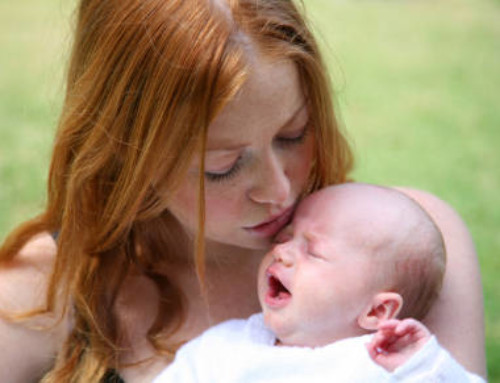
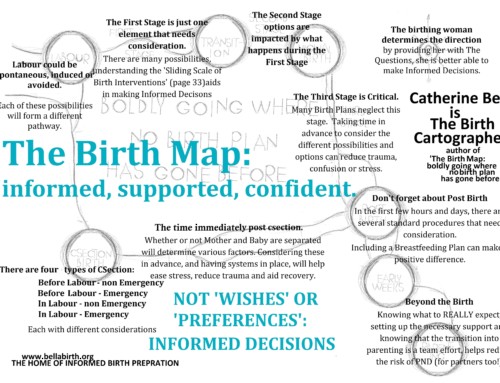
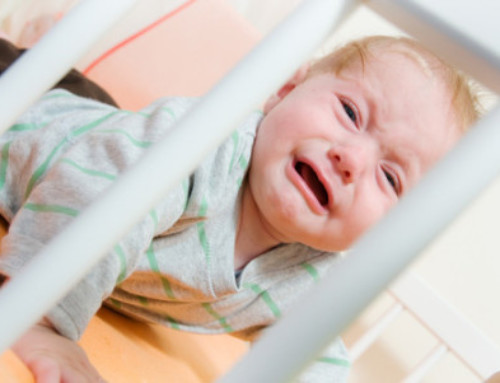
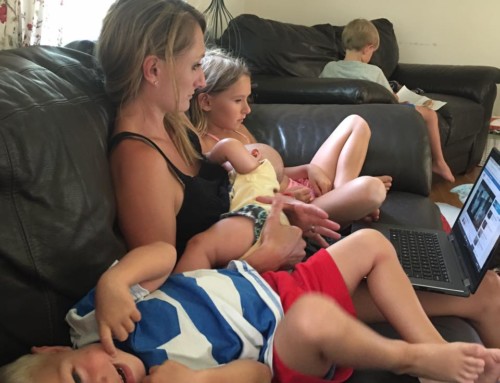
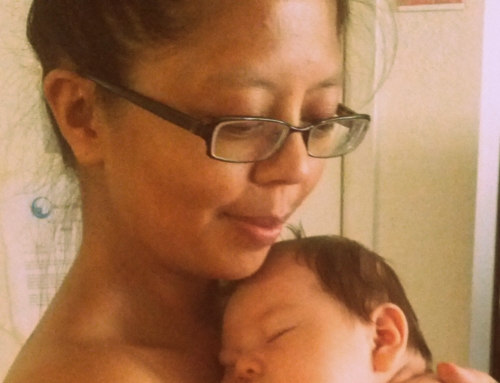
For the 1st 2 months of my now 2 year olds life I tried to follow what I was supposed to do according to my GP, maternal health nurse and everyone one who gave “helpful” suggestions.
Then I had a relief GP who said the most important words I had heard up until that point “Stop fighting your baby to get her to do what people say she should be doing and go with what works. If she needs feeding every hour then do it. Some babies don’t need as much sleep. Ignore the books.”
I stopped and did what my child needed and accepted her for what she was.
She is high needs and needed her mum constantly.
Baby wearing, co-sleeping and just doing what worked made a huge difference to both her and I even in those super hard I can’t remember when I last showered sleep deprivation weeks.
At 2.5 she is the light of my life, funny, smart and is happy to go off without her mum.
I’m pregnant with our 2nd baby and I now know what I need and I’m confidant in being able to meet my childs needs even if they aren’t by the book.
This blog and website has made me feel so much better about my little Velcro baby. At three months old she refuses to sleep anywhere but in my arms during the day, save for the odd car ride when she manages to fall asleep on her own. She sleeps in a bassinet next to my side of the bed and if things get very hairy at night she sometimes sleeps a cycle in my arms. She has just gone back to doing 2-3 hour stretches at most and often has trouble getting back to sleep in her bassinet after the second feed in the middle of the night which means that many of my days start at 3-4 am.
I have copped so much flack from family who feel she is ‘too needy’ and suggest I ‘just let her cry’ or fill her up with a bottle of formula before going to bed (I exclusively breastfeed my baby).
It is comforting to read the science behind what my gut tells me: she simply needs me right now. It isn’t always easy to remember this when I get woken up at 3.30 am and I realise an hour later that there is no way I’m going to get more sleep before dawn but we are managing one day at a time.
As someone who has had to work through the issues of insecure avoidant attachment as an adult, it is a massive priority to me that I give her the love and attention she needs to form a secure attachment.
Thank you 🙂
You’re welcome and thank you for the kind words 🙂